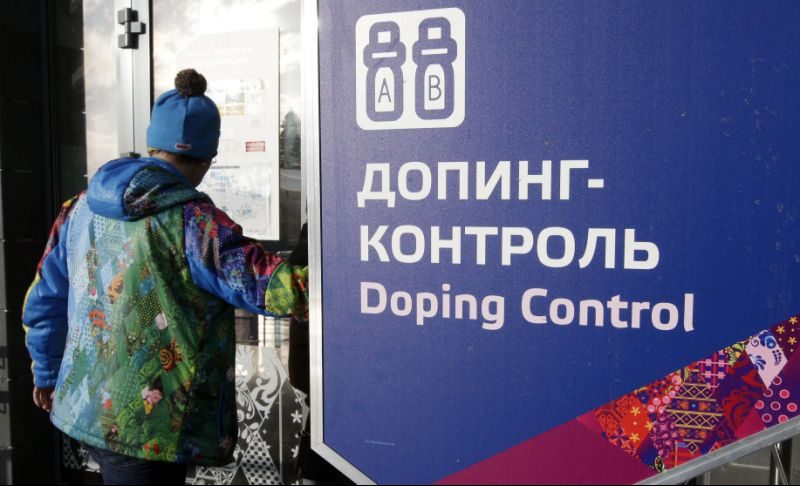As millions of sports fans from around the world anticipate this summer’s Olympics, one country’s fans are wondering whether they’ll have anyone to cheer for at all. The country in question, Russia, has recently had all of its athletes banned from competing in Rio. The International Association of Athletics Federation (IAAF) imposed the ban after the release of a report by the World Anti-Doping Agency (WADA) in November of 2015. The report detailed pervasive doping among Russian athletes that had been systematically covered up by players, coaches, and Russian drug testing officials.
The WADA report included testimony from several people involved in the doping process and subsequent cover up. These testimonies included direct confessions of guilt, specific examples of corrupt practices and cover up procedures, and a recorded conversation with Mariya Savinova, a Russian gold-medalist in London’s 2012 Olympics, in which she admits to doping.
Not long after the release of the WADA report, Grigory Rodchenkov, the director of the Moscow laboratory for testing athletes’ urine samples during the games, came forward to The New York Times. He detailed the elaborate system that Russia had set up to allow its athletes to pass doping tests during the Sochi Games. Rodchenkov confessed to acting complicitly in a plot to eradicate all traces of tainted Russian urine.
Russia has not taken its punishments lightly. Vladimir Putin has expressed anger towards the competitive ban imposed by IAAF, claiming that it unnecessarily punishes those athletes who did not break any rules. The Kremlin also continues to fight the veracity of the reports, specifically that of Rodchenkov. According to Dmitry Peskov, a Kremlin spokesman, his testimony is unfounded.
Despite Russia’s protests, the International Olympic Committee (IOC) has recently decided to uphold the ban on Russian athletes. In order for Russian athletes to be able to compete in August, they must apply through the IAAF, which will conduct a rigorous review of the athletes’ histories to determine any involvement in past doping activities or cover ups. Should an athlete pass this review, as well as doping tests issued through credible agencies, he or she will be allowed to compete in the Rio Games. Independently, though; not for Russia.
While doping scandals are nothing new to the Olympic Games, this one may provide some insight into Russia’s international outlook. To the Kremlin, success in international athletic competitions is a symbol of Russia’s place among the strongest global powers. The political importance of athletics has been apparent since the Cold War. According to Allen Guttmann, author of The Cold War and the Olympics, many in the 1980s saw athletic competition between Russia and the United States as “a portentous symbolic struggle between two ideological systems.” This characterization is still true today; Russian athletes are competing for far more than just a medal.
But in addition to providing Russia with a chance to fight for its ideology, international competitions are a mainstay of national pride. And such pride is an important part of the Kremlin’s propaganda machine; according to its narrative, the West is constantly threatening all things Russian. A strong sense of nationalism among the Russian people is essential to ensure that most Russians remain opposed to the West and its ideals. This narrative is apparent in Russian parliament member Vadim Dengin’s comments to The Daily Beast, when he claimed that “the entire doping scandal is a pure falsification, invented to discredit and humiliate Russia.” Normally Russia and the West get to duke these differences out on the fields, but this time it looks like one side will be stuck sitting on the bench.

